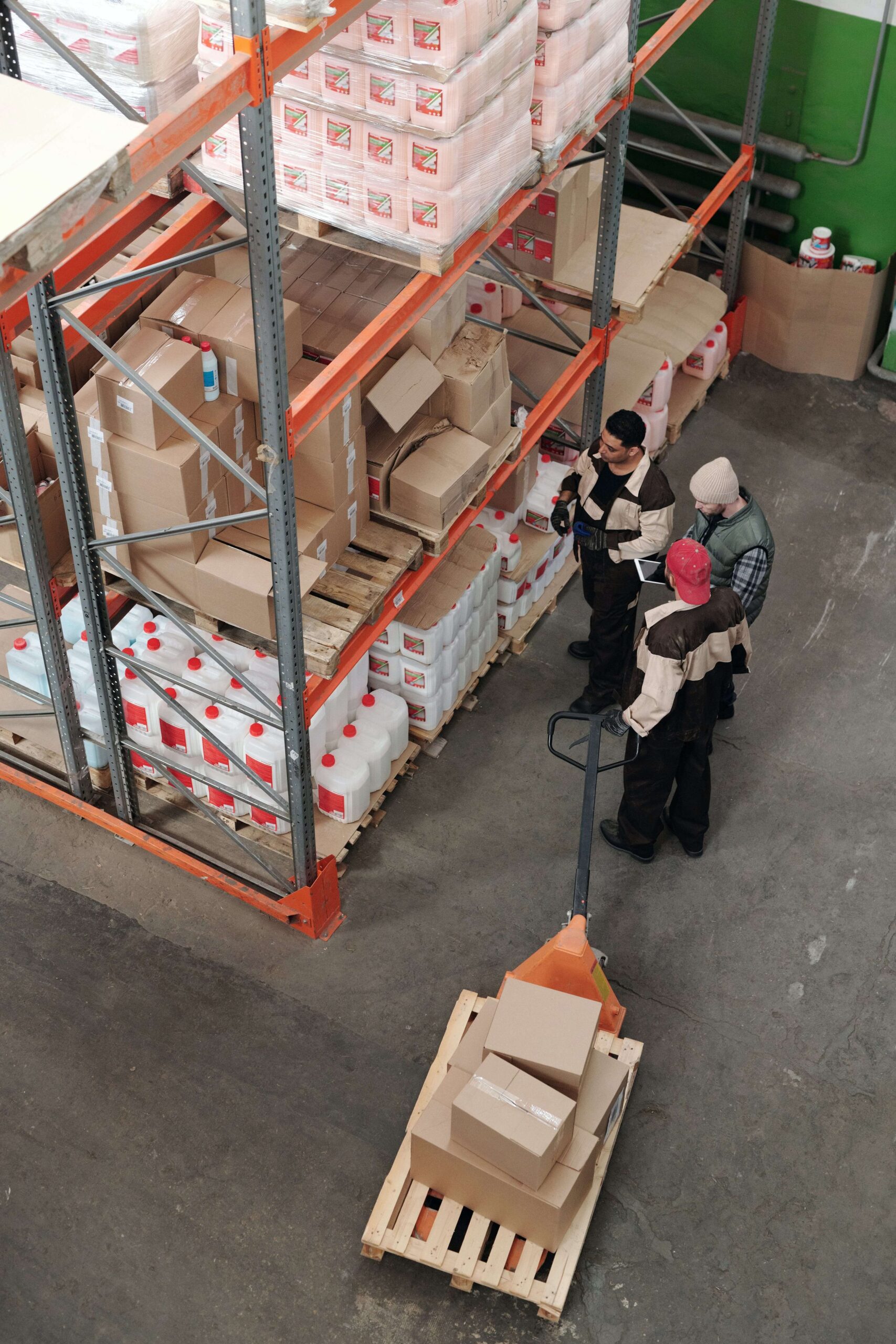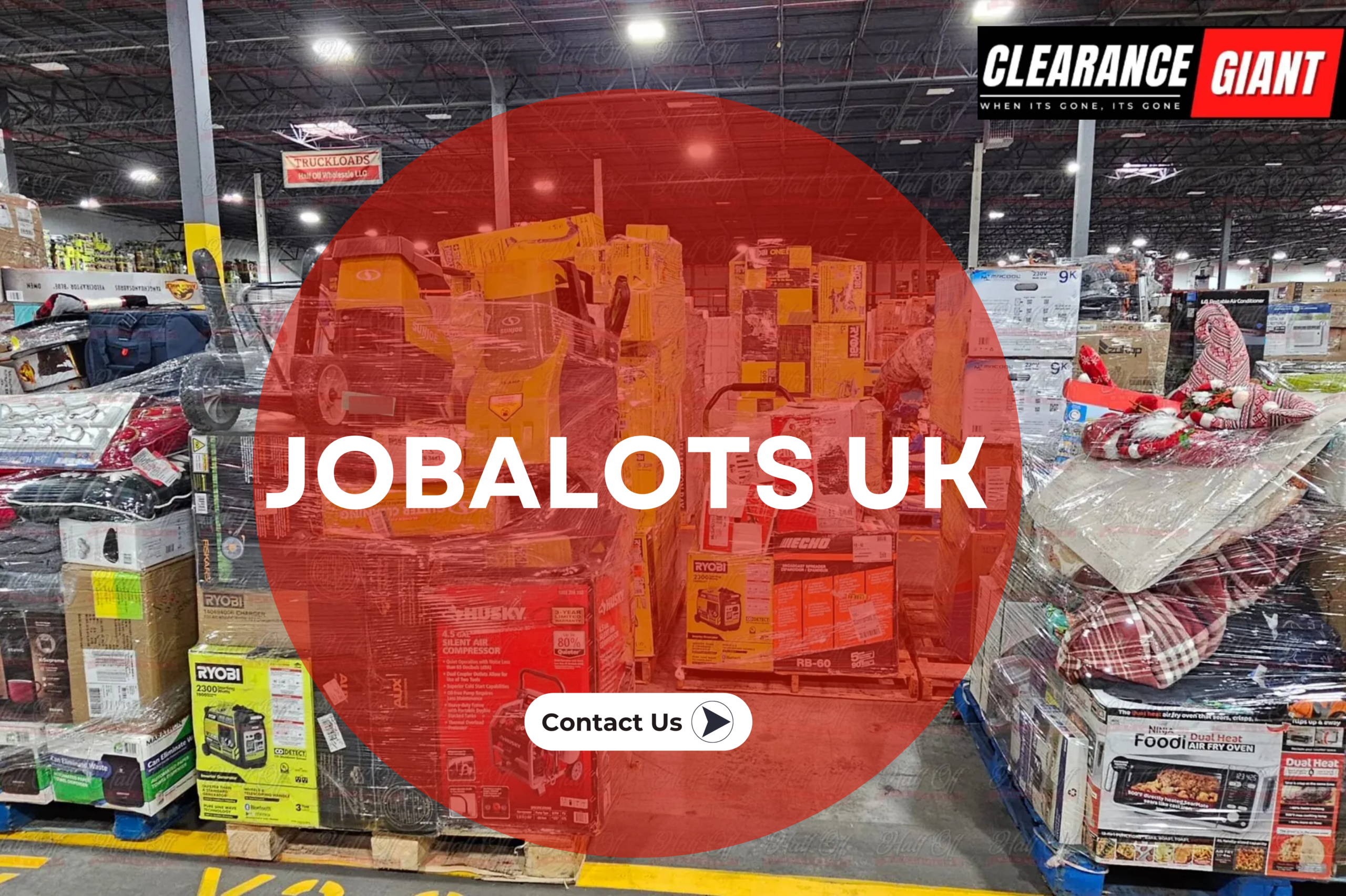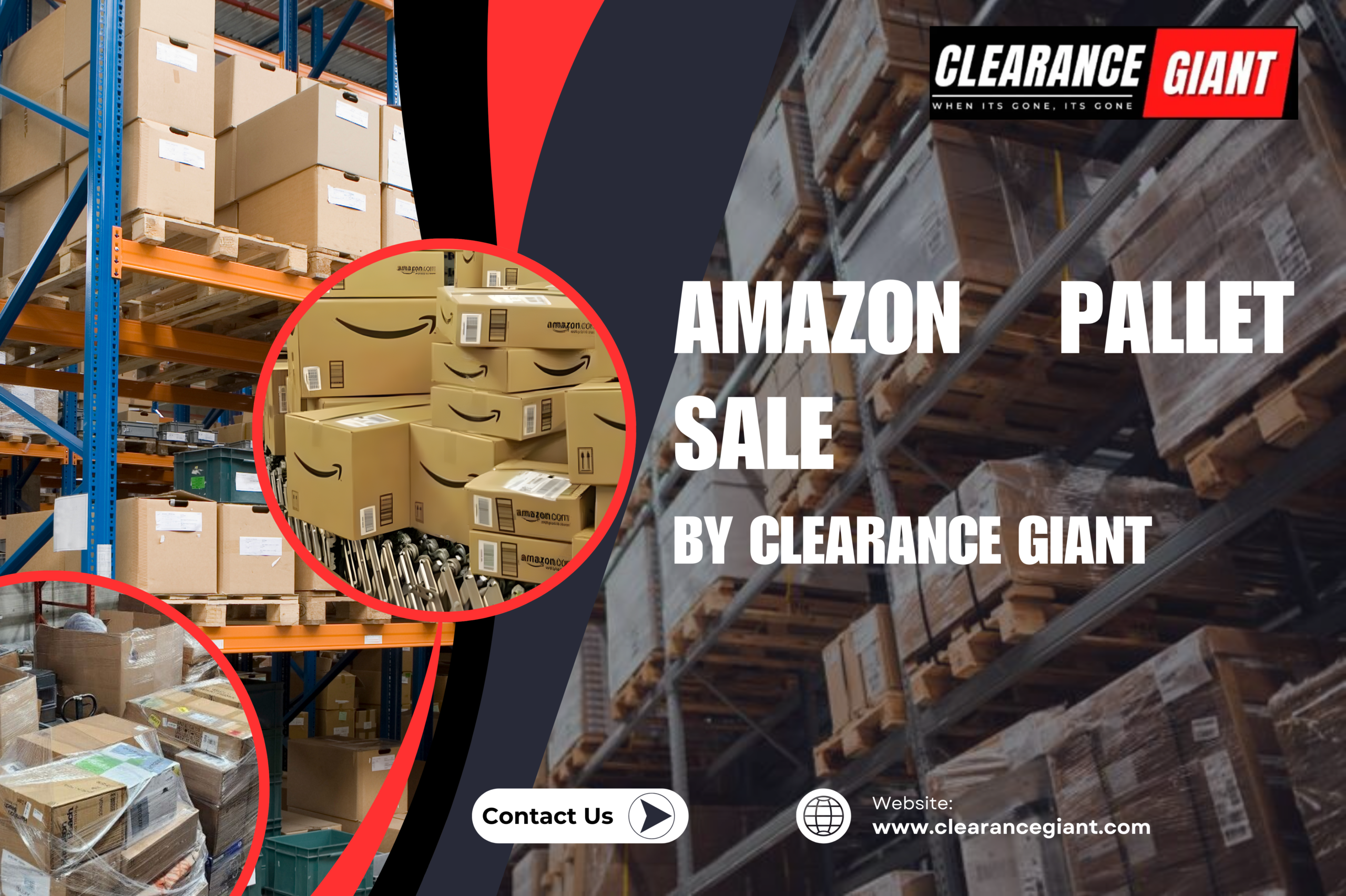In the dynamic world of commerce, businesses often find themselves dealing with excess inventory and overstocked items. The traditional route for these surplus goods has typically been liquidation—selling off stock at reduced prices to recover some value. However, as the global focus on sustainability intensifies, there is a rising tide of businesses looking to adopt eco-friendly practices, even in the realm of wholesale clearance.
Rethinking Liquidation: A Sustainable Approach
Conventional liquidation practices have often been associated with waste and environmental impact. Unsold products could end up in landfills, contributing to pollution and resource depletion. Fortunately, a paradigm shift is occurring within the wholesale clearance business, driven by a desire to embrace sustainability.
Reducing Waste through Reselling:
One of the most significant contributions to sustainability in the liquidation industry is the rise of reselling. Wholesale clearance businesses are increasingly recognizing the value of extending the lifecycle of products rather than letting them go to waste. By facilitating the resale of surplus goods, these businesses not only minimize environmental impact but also offer consumers affordable, quality products.
The Circular Economy in Action:
Eco-friendly reselling aligns with the principles of the circular economy—a model focused on minimizing waste and making the most of existing resources. When products are resold, they remain in circulation, reducing the need for new production and lessening the environmental footprint associated with manufacturing.
The Role of Technology:
Advancements in technology have played a pivotal role in making eco-friendly reselling more efficient and accessible. Online platforms and marketplaces enable wholesale clearance businesses to reach a broader audience, making it easier for consumers to find and purchase surplus goods. This digital shift not only enhances convenience but also promotes a more sustainable and global approach to the resale market.
Educating the Market:
As businesses transition towards sustainable liquidation practices, educating consumers becomes crucial. By raising awareness about the environmental benefits of purchasing surplus goods, wholesale clearance businesses can build a customer base that actively participates in the circular economy.
Certifications and Standards:
To further bolster their commitment to sustainability, wholesale clearance businesses can seek and adhere to recognized certifications and standards. Certifications such as ISO 14001 for environmental management and eco-labels can serve as badges of honor, assuring consumers that their purchase decisions align with environmentally responsible practices.
Challenges and Opportunities:
While the journey towards eco-friendly reselling is promising, challenges still exist. Striking a balance between competitive pricing and sustainability remains a delicate task. However, the growing demand for sustainable products presents an opportunity for wholesale clearance businesses to differentiate themselves in the market and attract conscious consumers.
Conclusion: Embracing a Greener Future
In conclusion, the sustainable side of liquidation is emerging as a beacon of hope for businesses seeking responsible ways to manage excess inventory. Eco-friendly reselling not only reduces waste but also fosters a circular economy that benefits both businesses and consumers. As wholesale clearance businesses in the UK increasingly embrace sustainability, they pave the way for a greener future—one where commerce and environmental responsibility go hand in hand. By choosing eco-friendly reselling, we can turn surplus into success, proving that profitability and sustainability can indeed coexist.



